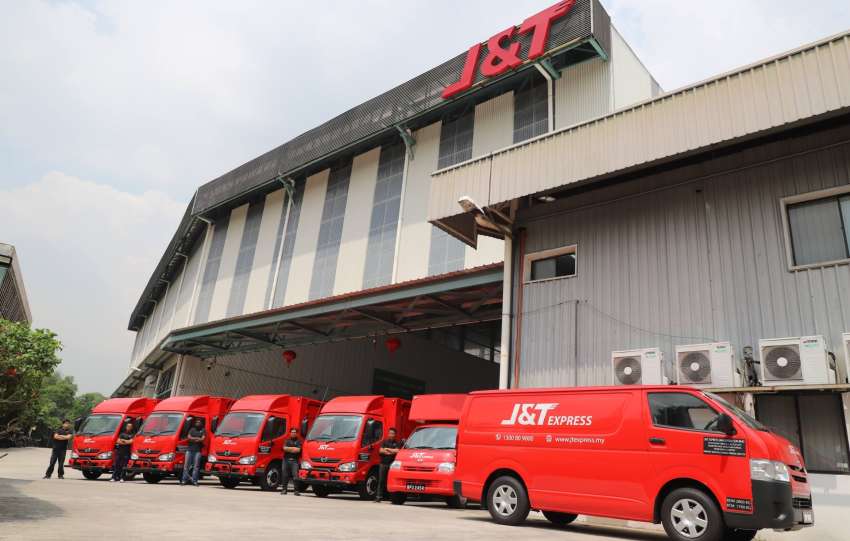Malaysia – 2025, Bursa Malaysia has introduced mandatory ESG reporting requirements for all publicly listed companies, marking a significant step in the country’s commitment to corporate sustainability. These regulations align Malaysia with global sustainability reporting frameworks such as Task Force on Climate-Related Financial Disclosures (TCFD)and Global Reporting Initiative (GRI).
Editor’s Choice
Companies must now fully disclose their sustainability risks, carbon emissions, and corporate governance strategies, ensuring transparency and accountability in environmental, social, and governance (ESG) performance.
What Are the Key ESG Reporting Requirements?
- Carbon Footprint Disclosure – Companies must report Scope 1, 2, and 3 emissions and provide reduction strategies.
- Sustainable Supply Chain Transparency – Corporations need to ensure suppliers follow ethical sourcing practices.
- Biodiversity Protection Measures – Businesses, especially in plantation and mining sectors, must prove zero-deforestation policies.
- Diversity & Inclusion Reporting – Public companies must disclose gender and minority representation in leadership roles.
Companies Leading the Way in ESG Compliance
1. Petronas: Green Energy Transition & Carbon Capture Investments
- Petronas has pledged a 50% carbon emissions reduction by 2030, investing in carbon capture and hydrogen fuel technology.
- The company launched its first large-scale solar farm in Pahang, supplying green energy to the grid.
2. Sime Darby Plantation: Sustainable Palm Oil Commitment
- Sime Darby has introduced blockchain-based supply chain tracking, ensuring zero deforestation in its palm oil production.
- The company aims for 100% RSPO-certified (Roundtable on Sustainable Palm Oil) supply chains by 2027.
3. Maybank: Green Finance & ESG-Linked Loans
The bank has committed RM20 billion in green financing projects by 2030, including investments in renewable energy and EV infrastructure.
Maybank has launched ESG-linked loans to support companies transitioning to low-carbon operations.
Challenges in ESG Compliance
While large corporations have the resources to comply, SMEs face challenges in adjusting to these new requirements. Common barriers include:
- Lack of expertise in ESG reporting
- High cost of sustainability audits and certifications
- Limited access to green financing options
To bridge this gap, Bursa Malaysia has introduced the Sustainability Reporting Toolkit for SMEs, helping smaller businesses navigate ESG compliance affordably.
Impact on Malaysia’s Economy & Global Competitiveness
Helps Malaysia align with global net-zero targets and climate agreements like the Paris Accord.
Strengthens Malaysia’s position as an attractive market for foreign ESG-conscious investors.
Encourages corporations to adopt responsible business practices while reducing carbon footprints.
Read More
“COP30 in Belem, Brazil.”
Editor’s Choice
This year, IGEM introduced two key summits—Clean Energy Transition Asia (CETA) Summit and the Mobility X Exhibition—both of which showcased cutting-edge solutions and technologies in the fields of clean energy and sustainable mobility innovation.
Nik Nazmi highlighted Malaysia’s preparation for its participation at COP29 in Baku, Azerbaijan. the progress made at IGEM 2024 has fortified its commitment to climate action. “The soft launch of Malaysia’s pavilion for COP29 signals our readiness to engage in crucial global climate discussions, particularly on climate finance, loss and damage, and achieving our climate targets,” he added.
The new ESG reporting standards signal a shift towards a more transparent, sustainable corporate landscape in Malaysia. Businesses that adopt strong ESG strategies will not only comply with regulations but also gain competitive advantages in global markets.
Source: Bursa Malaysia





